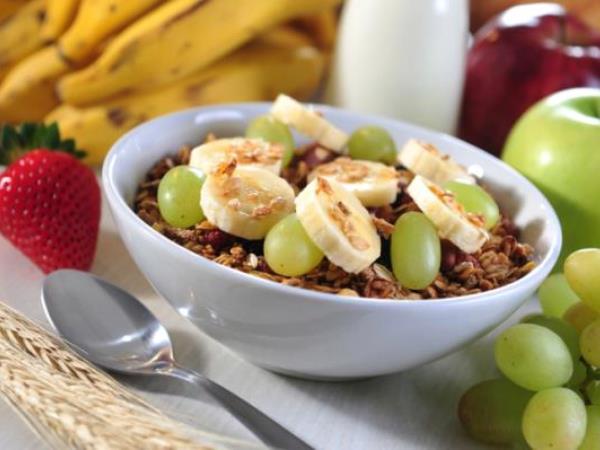Is it possible to overdose on fiber? Absolutely. And the consequences aren't so innocent. While it’s rare to reach this point with fresh fruits and vegetables, fiber supplements can bring about issues more quickly. During the summer, when we naturally consume more fruits and vegetables, these supplements can even become harmful. We need about 27 to 40 grams of fiber per day, but only if we use up approximately 15 grams of it. So what happens if we consume too much?
The required daily amount of fiber is met if we eat at least two servings of vegetables and two servings of fruit. Although it's more common to get too little fiber, overdoing it also has its side effects. Too much fiber can cause cramps, intestinal inflammation, bloating, and the biggest problem is the reduced absorption of essential nutrients. Fiber prevents the absorption of vitamins A, D, E, and K (these are fat-soluble vitamins). In addition, too much fiber can lead to deficiencies in calcium, iron, and zinc.
For example, cellulose and pectin reduce calcium absorption. Lignin, hemicellulose, and pectin reduce iron absorption. Insoluble fibers stimulate salivation, increase excess stomach acid, and speed up the secretion of digestive juices. Fiber, in reality, lowers the caloric value of food and gives a false sense of fullness. Remember, fiber is resistant to digestive processes.
If your daily fiber intake exceeds 50 grams, bloating and abdominal pain can occur. Keep in mind that even tablets contain fiber. And not just a little.
As with everything, there are soluble and insoluble fibers. Insoluble fibers are the ones that cause most problems, while soluble fibers are the ones we seek in food—they increase nutrient density, lower harmful cholesterol levels, slow glucose absorption, and help prevent atherosclerosis, heart disease, and heart attacks.
Sources of water-soluble fiber include legumes, carrots, pumpkins, beets, cauliflower, Chinese cabbage, spinach, tomatoes, currants, pears, raspberries, kiwis, avocados...
One more thing: excessive fiber intake can occur if you don't drink enough fluids throughout the day.
Datum: 26. AUG 24 - INTERESTING
When Can Fiber Be Harmful?
Lately, we often hear about the benefits of fiber, but did you know it can also be harmful if consumed in excess?
(fw)
 Would you like to be informed about news on the website?
Would you like to be informed about news on the website?
Just enter your e-mail
|
Copyright (c) Foodwhisper.com March 2018 |
π | Contact: info@foodwhisper.com |
About us | Facebook |  |









